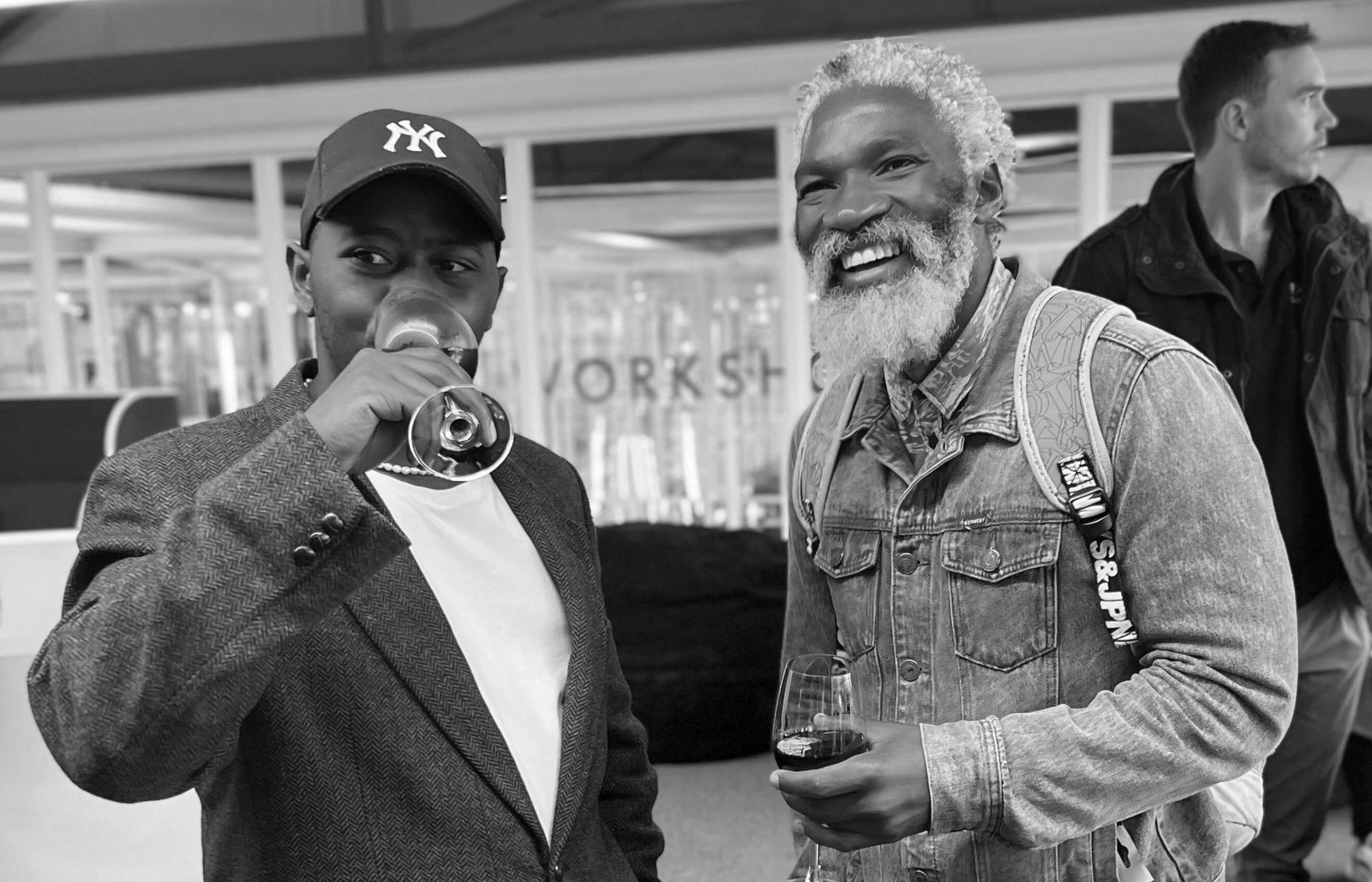Fear And Desire
Fear and desire.
These are the two levers of life. They exist on the two opposite extremities of the behaviour continuum.
These are the levers that govern all of our behaviour.
Psychologists will tell you that everything that we fear is some or other version of death, and that everything that we desire is some version of procreation.
Fear of public speaking? You’re actually afraid of dying. Fear of relationships? Deep down, it’s actually your own mortality you’re scared of. Fear of change? Yup, death again.
Desire is another story. It sorta explains why everyone is so obsessed with sex. Speak to a shrink and they can tell you some seriously weird-ass stuff about human compulsion (a post for another day).
Power, fame, accolades? They all lead back to getting your groove on.
If we scratch the surface of all our fears and desires, we’ll get to the same root cause every time: death and procreation.
When I think about life in these terms, it’s surprisingly liberating to me. In all the complexity of existence, the building blocks are brutally simple - fear and desire of the consequences that exist deep within our sub-conscious.
There is a staggering truth at the end of it: most of these consequences don’t exist.
We’re not going to die if we speak in public. We’re not going to die if we ask someone on a date and they reject us. We’re not going to die if circumstances suddenly change.
If I think about the things in business, there are the obvious things that we entrepreneurs fear most:
Business interruption (‘cough’, Eskom)
Running out of cash
Losing our livelihood
Competitors stealing our thunder
Technological disruption
Macro-factors, out of our control (‘cough’, Eskom, ‘cough’)
These are all obvious ones. However, there are the fears that are more difficult to talk about, such as ethics, equality and diversity.
Diversity, in particular, is a critical theme in today’s world.
In my previous business, we grew to around 100 people, either employed or sub-contracted to the organisation. I will hold my hand up and say that 95% of that team were white, and of those lily-white faces, most of them belonged to males. In explaining why it turned out that way, I can try make excuses, but the truth is, we were afraid of diversity. A homogenous, familiar team meant safety and survival (at least in my sub-conscious).
Zsuzsa, Ops Manager, and Caley, Heavy Chef Anchor.
In this new business, we’re embracing diversity. Heavy Chef aims to be representative of a progressive, brave and inclusive South Africa - one that is fraught with complexity, but also embracing of cultures and backgrounds that are different to our own.
Diversity is not easy, in any organisation in any part of the world. Diversity brings unfamiliarity, communication issues and locality challenges. However, it also brings perspective, creativity and dynamism.
Reid Hoffman spoke about this in an episode of his podcast ‘Masters Of Scale’, when he spoke to the legendary investor, Sally Krawcheck. In it Hoffman concludes:
“Diverse groups are collectively smarter, more original, more creative in their thinking, in their problem-solving. And you can measure that diversity on a number of different axis, right? You can talk about ethnic diversity, you can talk about gender diversity, you can talk about age diversity. But also diversity of expertise, right, people of different intellectual backgrounds, different professional backgrounds. When you get a group together that looks at a problem from lots of different angles, you end up seeing around blind spots. You end up coming up with creative new solutions because of the diversity of the group.”
The Heavy Chef team is small, but diverse. Already, we’re starting to gel and see the creative fruits begin to appear.
We’re in this for the long haul, and I’m excited for the future.
I encourage everyone I speak to nowadays to take a deep breath, take a long hard look at the obvious intrinsic fears and lean into them. People are often surprised at how baseless these fears actually are when you expose them to the light.







